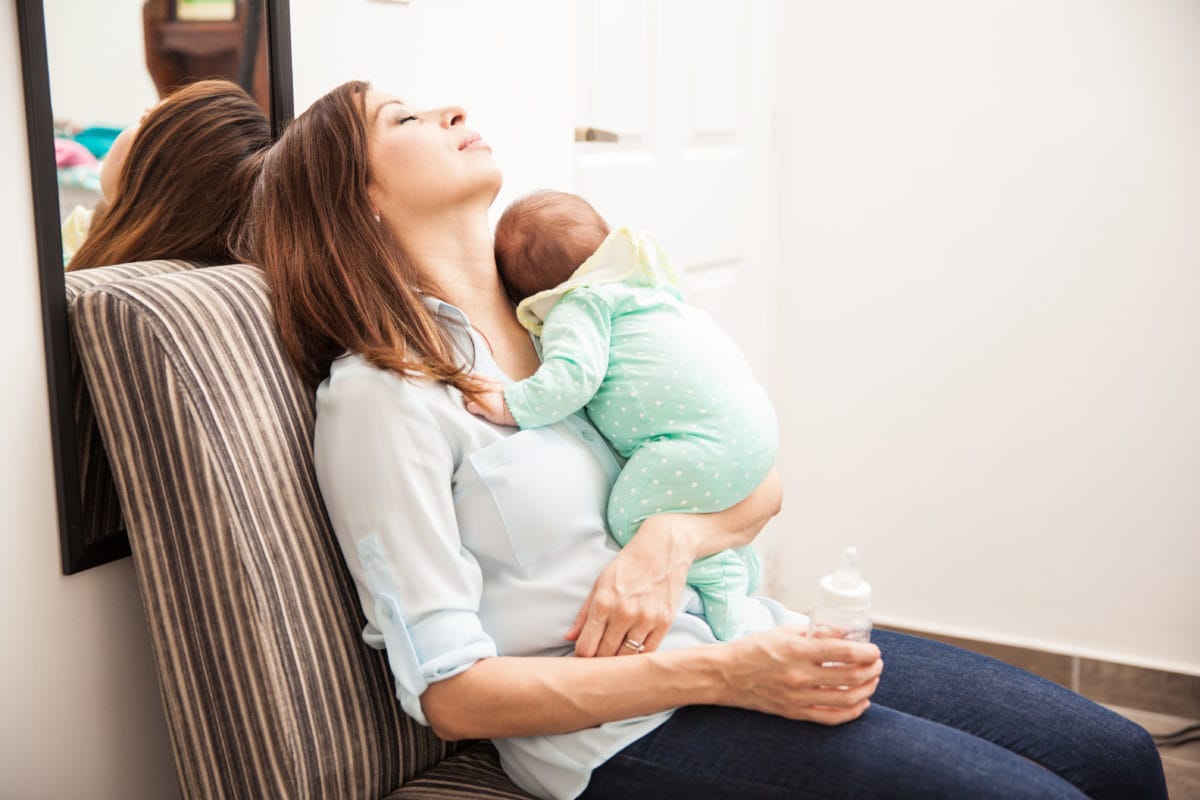Childbirth is a beautiful experience for women. You get overwhelmed and overjoyed seeing your bundle of joy make its first eye contact with you and mumble its first few words. At the same time, however, it plunges your body into a series of changes that could make the first few months of childbirth discomforting.
Vaginal Soreness
During delivery, your vagina, cervix, and vulva (which comprise the birth canal through which the baby passes) expand to allow the descent of the baby. This process could leave your lady parts sore for days to weeks after delivery. In some cases, you may sustain bruises, cuts, or tears to your sensitive areas, causing severe discomfort after delivery. In cases where the canal may be too narrow to allow the descent of your baby, your midwife or doctor could create an incision in your vulva and vagina, called an episiotomy, to expand the birth canal further.
In addition to causing pain and bleeding, these injuries may potentially distort the appearance and tone of your vagina. This could negatively impact sexual intercourse.
In mild cases, applying ice packs and using over-the-counter pain medications could provide long-lasting soothing relief and may just be all you’ll need. If you sustained a deep or extensive injury or had an episiotomy that has distorted the appearance of your lady parts and negatively affected sexual intercourse with your partner, you may need vaginal rejuvenation to restore the appearance and tone of your vagina.
Vaginal rejuvenation procedures include labiaplasty, vaginoplasty, and perineoplasty. These procedures involve trimming the edges of the vagina and vulva, removing excess tissue, and tightening the muscles and surrounding soft tissue.
Postpartum Incontinence
After childbirth, many women experience involuntary dribbling of urine, as if to lose control of their bladder. Incontinence is normal after childbirth and usually resolves within weeks of childbirth. However, in severe cases, you may need medical intervention to treat it.
Pregnancy and childbirth put a lot of strain on your pelvic floor muscles, which hold your pelvic organs – including the bladder and uterus – in place. These muscles play an important role in urinating and defecating, for example. So as your baby grows in the womb, the muscles tighten to keep the organs in place. Similarly, during childbirth, these muscles exert powerful pressure to deliver the baby through the birth canal. These processes could strain the muscles, weakening them, and ultimately, causing you to lose control of your bladder.
Some women may also suffer damage to nerves that control the bladder and pelvic floor muscles, leading to incontinence. Assisted vaginal delivery methods, including vacuum or forceps, may also damage the pelvic floor and bladder sphincter, causing urinary incontinence.
In mild cases, just diet, physical therapy, and bladder training may do the trick to resolve incontinence; in severe cases, you may need surgical repair of the pelvic floor muscles or other advanced non-surgical methods, including percutaneous tibial nerve stimulation (PTNS).
Postpartum Hair Loss
Yes, you might lose your hair after childbirth. That plump and full hair you nurtured while pregnant may begin to fall strand after strand after childbirth. Don’t fret, however, this is completely normal.
During pregnancy, your body’s estrogen level rises to improve blood flow to the uterus and placenta. However, one of the effects of this rise in estrogen levels is that your hair gets fuller and thicker. Estrogen reduces hair turnover rate, allowing hair to grow faster and longer. However, when estrogen levels drop after childbirth, all these changes begin to reverse. Hair loss usually occurs two to four months after childbirth and continues for up to 6 months. You will likely return to your usual hair growth cycle between 6 and 12 months after childbirth.
Although postpartum hair loss is natural and temporary, you may adopt some tips to make it less obvious. A few ways to deal with this situation include using a volumizing shampoo or trying a different haircut. Also, avoid aggressive combing or brushing as this might worsen hair loss.
Dealing with Postpartum Changes
While childbirth fills you with overwhelming joy as you meet your bundle of joy, it could leave your body with several discomforting changes. However, rest assured that many of these changes are normal and could resolve spontaneously or with your doctor’s help so you can spend more time nurturing your baby in those beautiful first months of life.
Author’s bio
Dr. Okhifun is a passionate medical doctor, with nearly a decade of experience as a general practitioner. His passion for medical education led to his journey in medical writing. He has a wealth of experience creating health content for hospitals and medical centers, health organizations, telemedicine platforms, wellness organizations, medical tourism publications, drug addiction websites, and websites focused on nutrition and nutraceuticals. Currently, he is a part of the team at Labiaplasty NYC Gynecology Clinic.









